Welcome to the world of RVing, where the open road is your oyster, and the possibilities are endless—until you have to deal with water systems.
Yes, even in the great outdoors, plumbing follows you. This guide will delve into the nitty-gritty of RV freshwater, greywater, and blackwater systems.
Key Takeaway:
Freshwater is your lifeline for drinking, cooking, and bathing, and it’s stored in a specialized tank. Greywater, the runoff from your sinks and showers, is less clean but can be treated and reused for non-potable purposes. Black water comes from the toilet and requires careful handling and specific chemicals for treatment. Knowing how to manage these three systems is crucial for both a smooth RV experience and responsible environmental stewardship.
Comparison: Freshwater vs. Greywater vs. Blackwater
Understanding the nuances between these three types of water systems can save you from a lot of headaches—or in the case of black water, stomachaches. Below is a table that outlines the key differences and similarities.
| Feature | Freshwater | Greywater | Blackwater |
|---|---|---|---|
| Source | Freshwater tank | Sinks, showers | Toilet |
| Storage Tank | Yes | Yes | Yes |
| Treatment Required | Filtration | Optional | Chemicals/Enzymes |
| Common Issues | Leaks, contamination | Odor, leaks | Clogs, odor |
| Disposal | N/A | Dump station | Dump station |
Interconnectedness
One system can affect the others. For example, if your grey water tank is full, it might back up into your shower. If you’re experiencing no water pressure in your RV kitchen sink, it could be an issue with your freshwater system that needs immediate attention.
Diagram of RV Water System
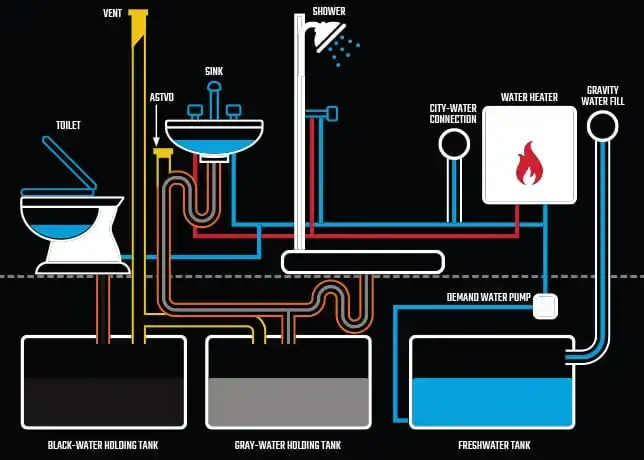
Freshwater System: The Essentials of RV Freshwater Management
Definition and Purpose
Freshwater in an RV is like coffee to a Monday morning—it’s essential. This is the water you’ll use for drinking, cooking, and showering. It’s stored in a dedicated freshwater tank and is pumped through the RV’s plumbing system when needed.
Storage
The freshwater tank is your RV’s personal reservoir. It’s usually made of food-grade plastic and can hold anywhere from 20 to 100 gallons of water. Wondering how long that will last you? Check out this handy chart on water usage.
Filtration and Treatment
Unless you enjoy the taste of algae and microscopic critters, you’ll want to filter and treat your freshwater. Many RVs come with built-in filtration systems, but additional portable filters are also available.
Conservation Tips
Water is a precious commodity on the road. To make the most of your supply, consider low-flow faucets and showerheads. If you’re interested in upgrading your faucets, here’s a guide on using a home kitchen faucet in an RV.
Common Issues and Solutions
Leaks are the bane of any RV freshwater system. A leaky RV kitchen faucet or a leak underneath the RV kitchen sink can quickly turn your road trip into a water park adventure—minus the fun.
Grey Water System: Navigating the Complexities of RV Grey Water
Definition and Purpose
Grey water is the “middle child” of RV water systems—not as clean as freshwater but not as, well, icky as blackwater. This is the water that goes down the drain after you wash your hands, shower, or do the dishes.
Sources
Grey water primarily comes from sinks and showers. If you’re wondering why your RV shower is elevated, it’s to help gravity do its thing and direct this water into the greywater tank. For more on this, check out why RV showers are elevated.
Storage and Disposal
Your RV has a separate tank just for grey water, usually made of durable plastic. You’ll want to use designated dump stations when it comes to disposal. No, you can’t just let it flow into the nearest stream.
Treatment and Reuse
While grey water isn’t potable, it can be treated and reused for non-drinking purposes like flushing the toilet. If you’re experiencing issues like water leaking from under your RV shower pan, you’ll want to address those before considering any greywater reuse.
Common Issues and Solutions
Grey water tanks can get smelly. If you’re dealing with a leaking RV shower faucet, that’s a double whammy of unpleasantness. Regularly clean and treat your grey water tank to avoid these issues.
Blackwater System: A Comprehensive Guide to Managing RV Blackwater
Definition and Purpose
Ah, blackwater—the stuff of legends and campfire horror stories. This is the water that comes from your RV toilet. It contains human waste and, therefore, requires special handling. You can’t just “go with the flow” here; you’ve got to be strategic.
Sources
The primary source of black water is your RV toilet. Whether you have a porcelain or plastic RV toilet, the end game is the same: safely storing and disposing of waste.
Storage and Disposal
Black water is stored in a separate, sealed tank designed to contain odors and prevent leaks. When it’s time to say goodbye, you’ll need to use a designated dump station. Trust us, you don’t want to be the guy who messed this up.
Sanitation and Chemicals
Chemicals and enzymes are used to break down waste and control odors. If you’re looking for a natural alternative, you might wonder, can I use baking soda in my RV black tank? The answer is yes, but there are some things you should know first.
Common Issues and Solutions
Clogs are the arch-nemesis of the black water system. If you’re dealing with a particularly stubborn situation, here’s a guide on how to get dried poop out of an RV tank. Yes, it’s as delightful as it sounds.
Legal and Environmental: RV Water Disposal Laws and Eco-Friendly Practices
Regulations on Disposal and Treatment
Each state has its own set of rules for RV waste disposal. Generally, you’re required to use designated dump stations for both grey and black water. Don’t even think about going rogue; the fines can be hefty, and the environmental impact is not something to take lightly.
Environmental Impact and Responsible Practices
Being an RV owner comes with the responsibility of minimizing your environmental footprint. This means proper disposal of all types of water and using eco-friendly treatments when possible. If you’re looking for more insights into responsible RV ownership, check out this in-depth brand analysis of Winnebago vs Grand Design, which touches on sustainability practices.
Maintenance and Troubleshooting
Regular Maintenance Tips
- Freshwater: Regularly sanitize the tank and check for leaks.
- Grey Water: Clean the tank and use environmentally friendly soaps to prevent odors.
- Black Water: Use appropriate chemicals or enzymes to break down waste and control odors.
How to Troubleshoot Common Issues
- Freshwater: If you’re experiencing no water pressure in your RV kitchen sink, check the pump and the water lines.
- Grey Water: For issues like water leaking from under your RV shower pan, inspect the seals and connections.
- Black Water: Clogs can be a nightmare. If you’re dealing with a stubborn blockage, here’s how to tell if your RV vent pipe is clogged.
For a more general overview of RV terms and definitions that can help you in troubleshooting, you might find this RV Terms and Definitions guide useful.
Conclusion: Mastering RV Water Systems for a Smooth Journey
Understanding your RV’s freshwater, greywater, and blackwater systems is not just about convenience; it’s also about being a responsible traveler. By knowing how to store, treat, and dispose of these different types of water, you’re doing your part to protect the environment and ensure a smooth journey. So go ahead, conquer the open road—but maybe conquer your RV’s plumbing first.


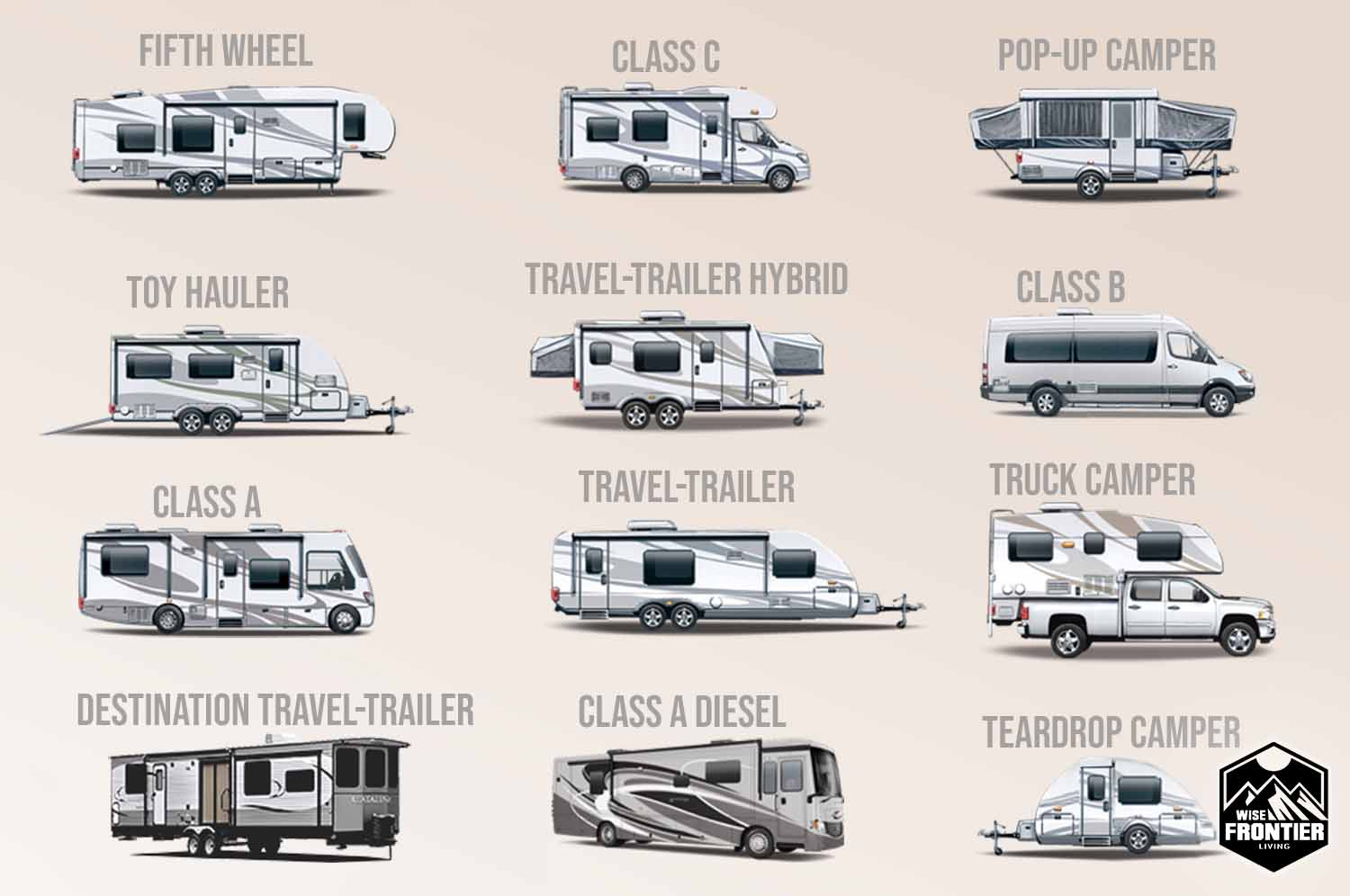
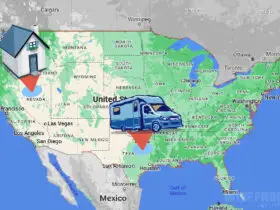


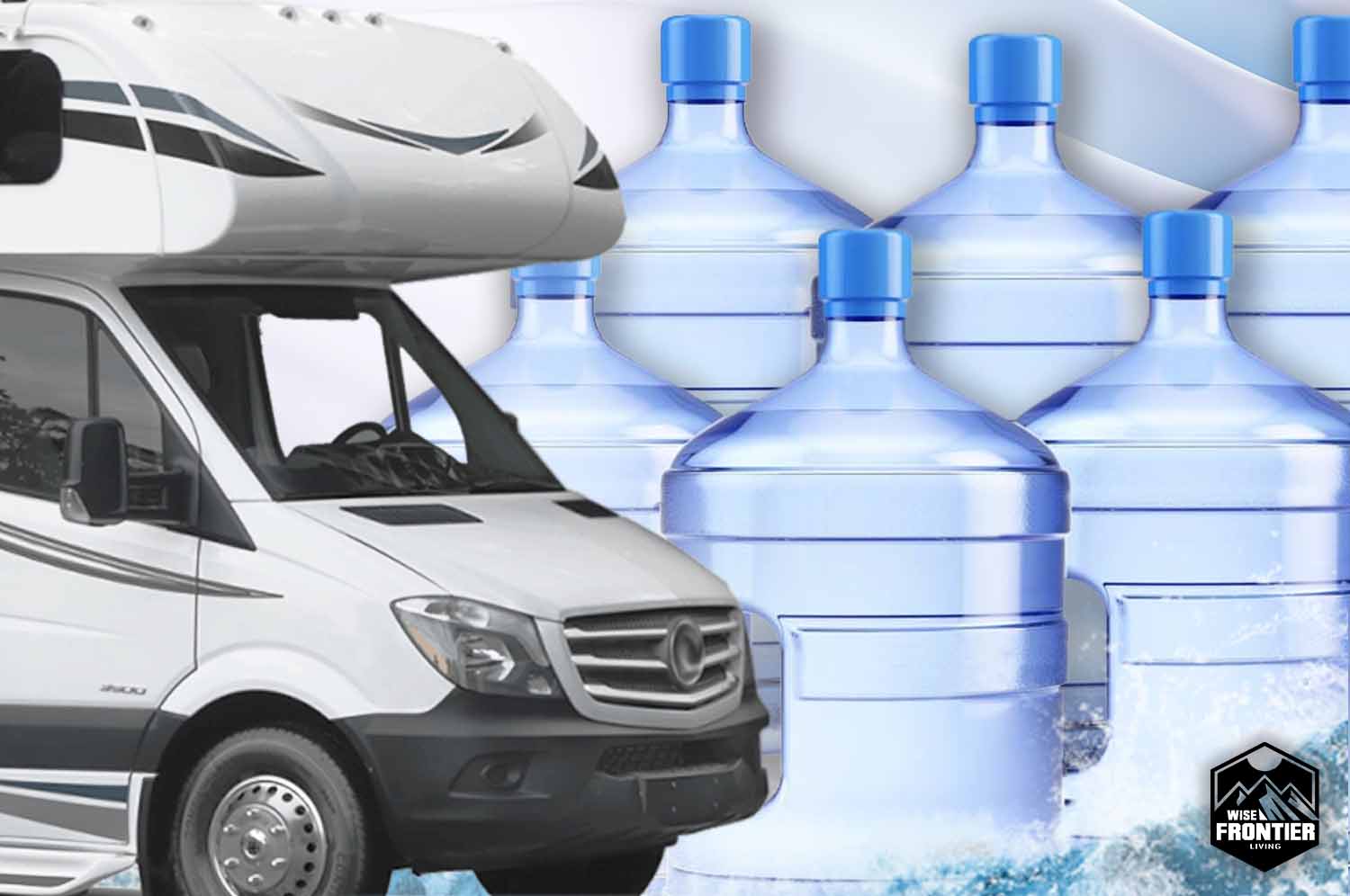
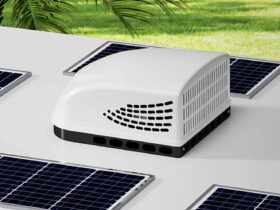
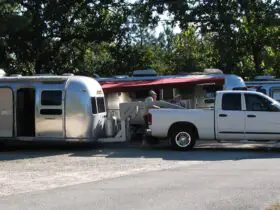
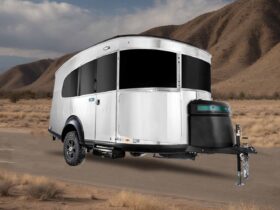
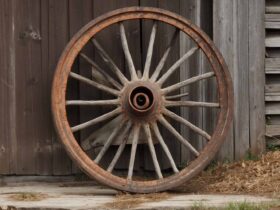
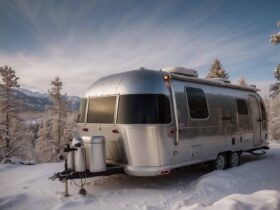
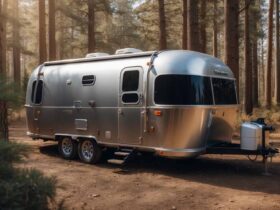
Leave a Reply